But thank God, nobody says that phrase in “Wild,” which is about a woman with actual problems. Based on Cheryl Strayed's memoir, the tone is set right away when Strayed, (played by Reese Witherspoon, in the kind of role any actress in Hollywood would fight to the death for, and she savors the experience like it's the ripest, most delicious peach in the world) shown in a very unflattering angle, in the middle of nowhere, literally picking off her breaking toenails, and is soon minus her hiking boots. We feel her frustration, as her first words are, “Fuck you, bitch!” Yep, it seems this journey will feature no hotel suites in suitably exotic locales.
|
By Andrea Thompson There's that movie that sounds like you should hate it, but you don't. Another woman trying to find herself. Cue the exotic locations and slum tourism, which actually involves the safest journey in the world and no risk, where allowing yourself to eat something is seen as a major accomplishment, all culminating in the dreaded phrase, finding your center.
But thank God, nobody says that phrase in “Wild,” which is about a woman with actual problems. Based on Cheryl Strayed's memoir, the tone is set right away when Strayed, (played by Reese Witherspoon, in the kind of role any actress in Hollywood would fight to the death for, and she savors the experience like it's the ripest, most delicious peach in the world) shown in a very unflattering angle, in the middle of nowhere, literally picking off her breaking toenails, and is soon minus her hiking boots. We feel her frustration, as her first words are, “Fuck you, bitch!” Yep, it seems this journey will feature no hotel suites in suitably exotic locales.
0 Comments
Andrea's review of American Sniper “American Sniper” is what's known as an intense ride. The film is something of a biopic, but it would be more accurate to call it a tribute to its subject, Navy SEAL sniper Chris Kyle (Bradley Cooper, firmly putting to rest any lingering doubts that he's just a pretty face), the deadliest sniper in U.S. history. And even if he doesn't ask the big questions, that's okay, because the movie does it for him. In the process, director Clint Eastwood makes the film a meditation on war, and the price our soldiers pay for fighting our battles.
Andrea's review of Paddington And then sometimes a movie comes along that thaws the most cold, frozen, cynical heart. Even one that belongs to a critic.
Such is “Paddington,” that rare family movie that the entire family can actually enjoy. It proudly wears its heart on its sleeve, is old-fashioned without being grating, and is so British that it has the Peter Capaldi, the current Doctor Who, playing a crusty old neighbor, and yeah, hanging around phone booths a lot. “Selma” Is About Everywhere The problem with being an icon is that it can make it much harder to see the person underneath. And if you do manage to, it risks diminishing the greatness that made us honor them in the first place. Any movie about Martin Luther King Jr. must understand this, but the makers of “Selma” not only know this, they solve the conundrum. They never let us forget that people were at the heart of the Civil Rights Movement, and not the noble paper cutouts who never doubted or stumbled. “Selma” is the kind of biopic that seeks to examine a person not through a whole life, but through a specific period of it, in this case the turbulent three months where King was fighting for voting rights in Selma, culminating in a march from Selma to Montgomery and the Voting Rights Act of 1965. When we first see King (masterfully played by David Oyelowo of “The Butler” and “Rise Of The Planet Of The Apes”), he's in full icon mode, staring straight at the camera and making a calm, measured speech. But in an interesting play on our expectations and views, it turns out he's staring at a mirror and rehearsing said speech while preparing to receive his Nobel Prize. It's a sign of things to come, as “Selma” maintains that most magical of all balancing acts, of portraying a movement through the people involved without detracting from them or the events. The film focuses less on speeches than on the strategies that King used to call attention and force progress, mostly where dramatic media attention was a given. In the first theatrical movie about King, it's rather expected, yet still a relief, that he would be depicted as as a man rather than a saint. It also means the inevitable family scenes that focus on the toll his work takes on his personal life, and the confrontation where his wife Coretta (Carmen Ejogo) admonishes him about his infidelities packs a genuine punch. There are few cinematic preparations for the violence peppered throughout “Selma.” A young man is gunned down in a restaurant following a protest in front of his sister and elderly father. Four little girls are killed when their church is bombed while discussing how pretty Coretta Scott King's hair is. A woman is murdered off-screen by Klansmen a mere five hours after the film's triumphant ending speech. That's not to say there aren't happier fates. One activist, Andrew Young, became a UN Ambassador, Congressman, and twice Mayor of Atlanta. Another, John Lewis, becomes a long serving Georgia Congressman (and author of the graphic novel “March: Book One” about the Civil Rights Movement), while many of the people who opposed them, such as Alabama Governor George Wallace (Tim Roth) and Sheriff Jim Clark (Stan Houston), saw their careers decline or end outright. Other accounts are more complicated. While white people are shown flocking to the cause after seeing the violent footage on TV, director Ava DuVernay keeps her film refreshingly absent of white saviors, depicting most white authority figures as obstructionist at best, with President Johnson (Tom Wilkinson) deciding to unleash J. Edgar Hoover (Dylan Baker) to discredit King before finally coming around on the Voting Rights Act at the end. So while hope is naturally a large part of the film, “Selma” refuses to let us forget how far we have to go; nor does the movie allow us to believe that King's work is complete. After all, whenever we fool ourselves into such complacent thinking, we hear Eric Garner gasping that he can't breathe, that Trayvon Martin is deemed dangerous enough to warrant lethal force, and learn of Milwaukee's own Dontre Hamilton and Corey Stingley's lives end prematurely. (There's a song by Common, who also plays activist James Bevel, that mentions Ferguson, and other contemporary examples of injustice.) Maybe that's why the words coming out of the mouths of those who oppose the Movement's progress don't sound nearly as unfamiliar as they should. There's even a shout-out to our own budding NSA state when “Selma” culls information about King's whereabouts and actions from FBI surveillance files. The only drawback is by the end, King himself risks getting overshadowed by the very events he helps spark, and the film drags a bit. Watch “Selma.” Like the best historical films, we learn about our past, and the struggle we are still fighting. Grade: A- Andrea's Review of "Unbroken"Soooo...apparently you can have too much of a good thing, and it can make the most thrilling, enthralling story as dull as dishwater. At least, it's the only way to explain why “Unbroken,” a movie with names like Angelina Jolie, Laura Hillenbrand, Joel and Ethan Coen, (that's right, the frigging COEN BROTHERS), and a very talented, albeit mostly unknown actor at the center, feels so forgettable.
Andrea's Review of "The Hobbit: The Battle of the Five Armies"Well, that really didn't need to be three movies.
People have been saying that about “The Hobbit” movies from the beginning, but “The Hobbit: The Battle Of The Five Hours...err, Armies” really hammers the point home. Andrea's Review of "Force Majeure"Everyone goes under the microscope in “Force Majeure,” and nobody walks away clean. It's an extremely well crafted film, but the most remarkable thing about it is its awareness. Many American movies (often in the independent or indie scene) are interested in exploring the various issues at play in “Force Majeure,” but are blocked by the filmmakers' own isolation from any other kind of people but their own. Most are unaware or uninterested in how their own privilege plays a part in their story. (See “Obvious Child” and even “Whiplash.” Would the protagonists be able to accomplish half as much if they had to work full-time?)
Steve's Review of the Short Film "Fear" "Fear" by Steve Kahn is a psychological horror short film. At just 14 minutes the movie takes you into the mind of a woman as she experiences fear. At the start of the movie we are not sure what is going on. We are watching the woman played by Jessie Rabideau get ready for a bath. Then does she hear something? Is there somebody there? Is her “love” home? Is it just the dog? Or is there something evil out to get her? These are the questions we ask ourselves while watching the movie. The movie is skillfully made keeping us in the dark and in suspense. It uses familiar clichés from horror movies to keep you off balance. There are elements of home invasion movies, paranormal movies, and some Hitchcockian vibes too. At some point you begin to think this is just becoming a spoof of horror movies but you are never sure. At the end we are left wondering if it is all in her head. I will admit I had to watch the movie a couple of times to get some of the details and I feel after each time I watch it I see something new. The visuals and sound really get you in to head. Jessie Rabideau does a great job a portraying the fear with her eyes and expressions. The dialogue did feel a little off. At one point she is yelling at the phone for some unexplained reason. When she starts yelling for her “love” and “baby” it borders on the silly side. Overall I am still trying to figure out the ending and certain parts didn't make sense to me. I love the eeriness of the movie and the psychological downward spiral that the woman enters. But at the end I do like my movies with a bit more plot. I hope this movie gets played at some more film festivals and more people can see it. I think it will cause some interesting discussions and that out of everything is an important part of movie watching. 3/5 stars. ANDREA'S REVIEW OF THE HUNGER GAMES: MOCKINGJAY PART 1Some movies will be studied long after the times that created them have passed, and they stand as a symbol so later generations can understand their history. Who knew “The Hunger Games: Mockingjay Part 1” would be one of them?
|
About Chris
A film fan from an early age, Chris is a true cinephile. Starting with his first big screen experience, Star Wars to the current indie films, it's obvious he is obsessed with film. Chris has been writing about film and television since the early days of the internet. Chris is also a member of OFTA, the Online Film and Television Critic's Association. About SteveA lover of all movies. Steve will watch anything from classic silent films to modern horror films. Obsessed with the Oscars and Film festivals. Steve prides himself on watching every movie on the AFI 100 Greatest Movies and every Oscar winner. Archives
December 2019
Categories
All
|

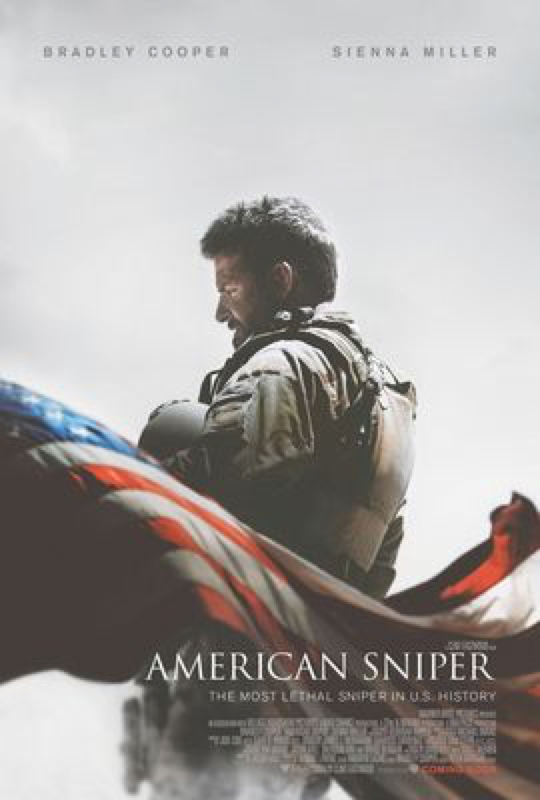
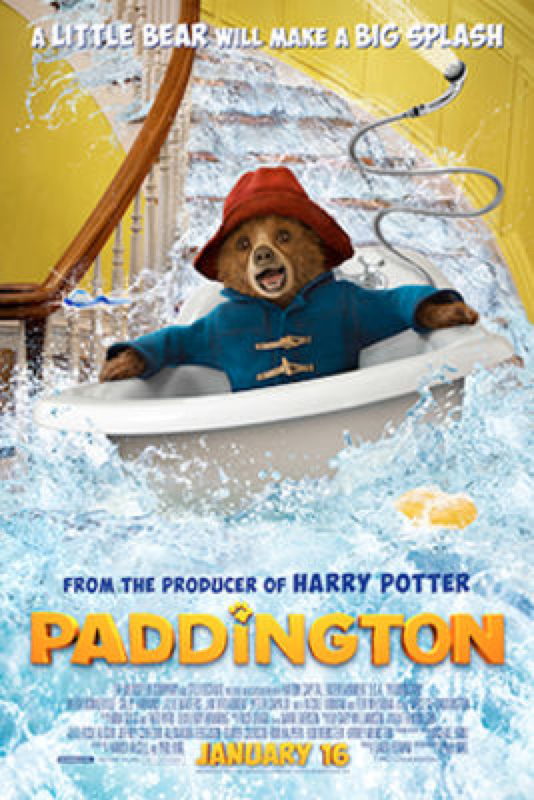
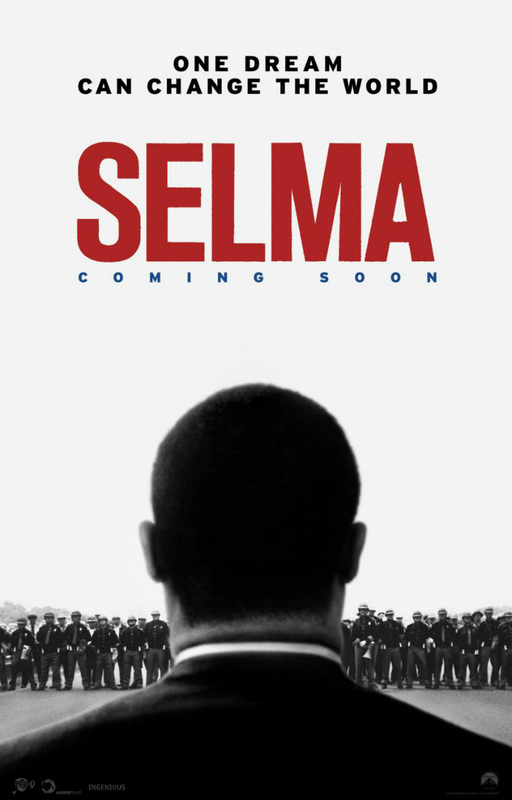

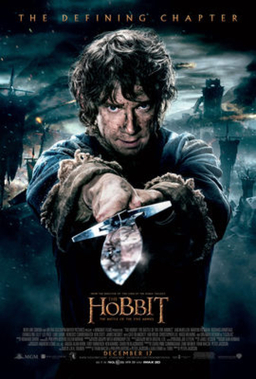
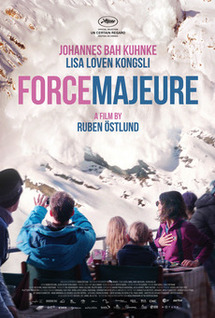
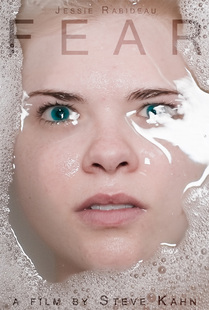

 RSS Feed
RSS Feed